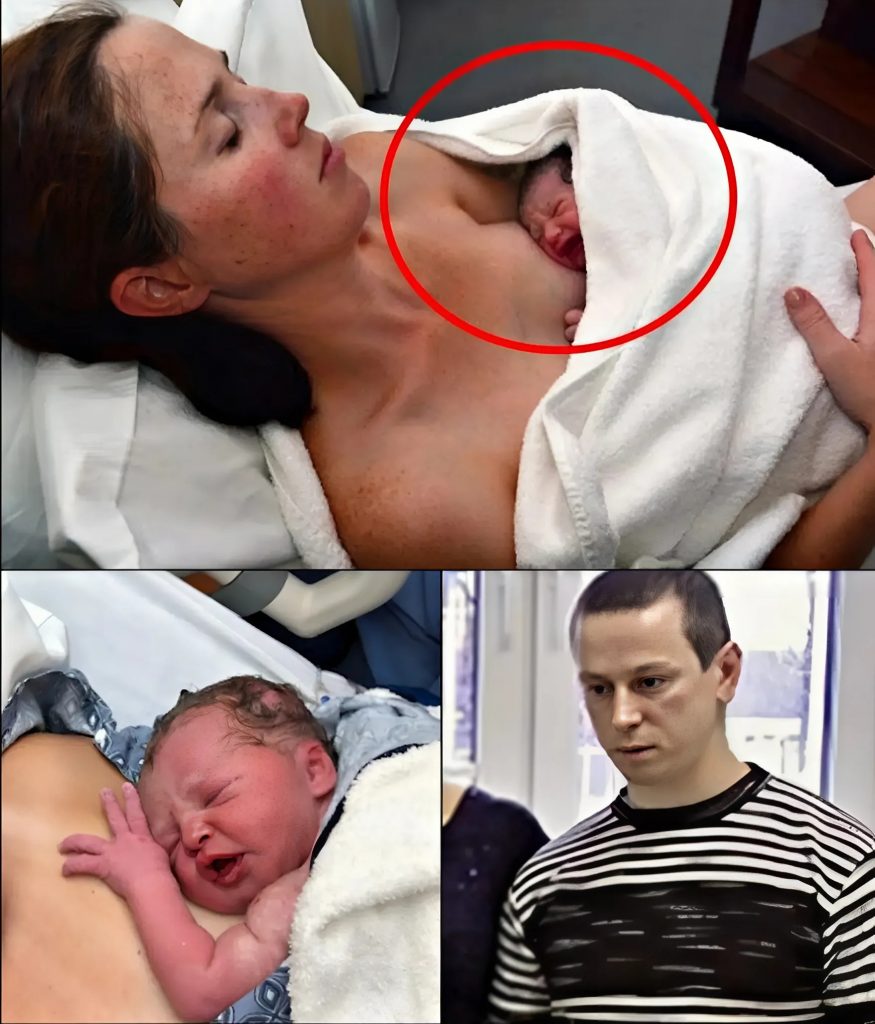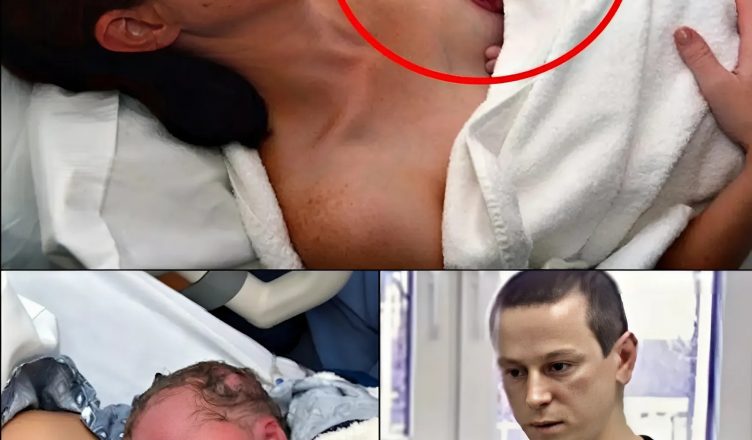The story begins quietly, like so many others. Zoia, pregnant with her first child, chose to spend the final two months of her pregnancy at her mother’s home. It wasn’t an escape — it was a retreat. Her husband had grown increasingly distant, visibly irritated each time his eyes settled on her belly. His silence had turned into a wall she couldn’t climb.
“Don’t worry,” her mother would say gently. “Once he sees that little girl, his heart will melt.”
Zoia smiled, nodded, but deep down she wasn’t so sure. His coldness had become a shadow over her thoughts, and she wasn’t certain if love could still grow in that chill.
Their love had once burned bright — fast, passionate, impulsive. They married young and moved into a spacious five-room apartment he’d inherited from his grandfather. They lived with his widowed mother, Angelina Pavlovna, a stern woman who clung tightly to her only son. From the beginning, she’d treated Zoia as an outsider — polite, but watchful. Over time, the politeness frayed. Criticism replaced conversation. Quiet disapproval hung over every meal, every glance.
Her husband, still studying at the time, spent more and more hours away from home. When Zoia told him she was pregnant, his only reply was, “Are you sure now is the right time?”
That was the moment something broke.
She moved back in with her mother. There, at least, she could breathe.
Labor was long. Exhausting. But her daughter was born healthy — tiny, pink, and perfect. Zoia didn’t cry tears of joy. There were none left. Her husband hadn’t called. He didn’t show up at the hospital. Not on the day their child was born. Not the day after.
She sent him a message.
“Will you come get us?”
His answer: “No. I’m busy.”
That morning, Zoia stood outside the hospital entrance watching other women leave — surrounded by flowers, balloons, cameras flashing, hands holding theirs. She stood alone. Her daughter in her arms. Her heart half full, half broken.

Then she saw him. Her husband. Standing apart from the crowd. No flowers. No smile. No words.
“You came?” she asked, not quite a question.
He didn’t speak. He stepped closer.
“Can I hold her?” he said quietly.
Without a word, Zoia handed him their daughter.
He looked at her — really looked. She was so small, barely the length of his forearm. And then his eyes fell on her wrist. A birthmark. Faint but unmistakable. A soft brown oval.
He froze.
It was identical to the one his brother had. The brother who had died in a tragic accident when they were young. Same shape. Same spot. Same memory.
His hands began to tremble. His throat tightened. He sat down slowly, the baby still in his arms.
“I’m sorry…” he whispered.
That moment changed everything.
Not instantly. Not magically. But something had shifted. He started coming home earlier. He watched his daughter sleep. He spoke to Zoia. Hesitant at first, then with warmth. He was far from perfect — but he was present. And sometimes, presence is more powerful than perfection.
Later, he told her the truth.
“I was afraid,” he said. “Not of her. Of myself. Of being responsible. Of not being enough. Of losing again.”
That tiny birthmark had cracked open a part of him he thought was long buried — the part that remembered loss, pain, love. The part that still hoped.
This story didn’t go viral because it was dramatic. It went viral because it was real. It spoke to something universal — fear, grief, guilt, and the possibility of redemption. It showed that even in the coldest silence, love can still find a way back.
Sometimes, all it takes is a hand — tiny and delicate — with a mark from the past, to remind us that life doesn’t end with pain. It begins again with it.
This is not a story of perfection. It’s a story of second chances.
And that’s what makes it unforgettable.
